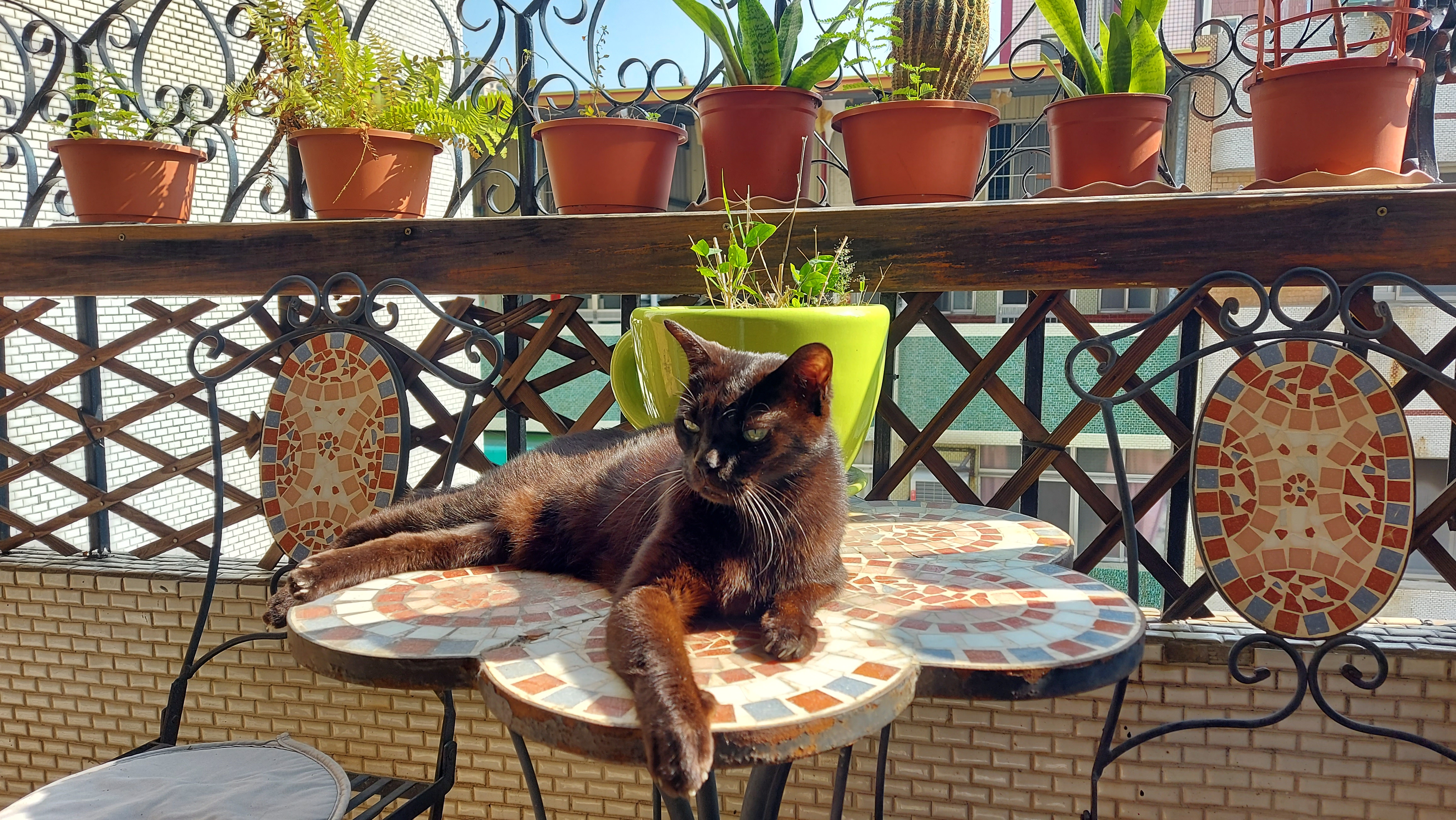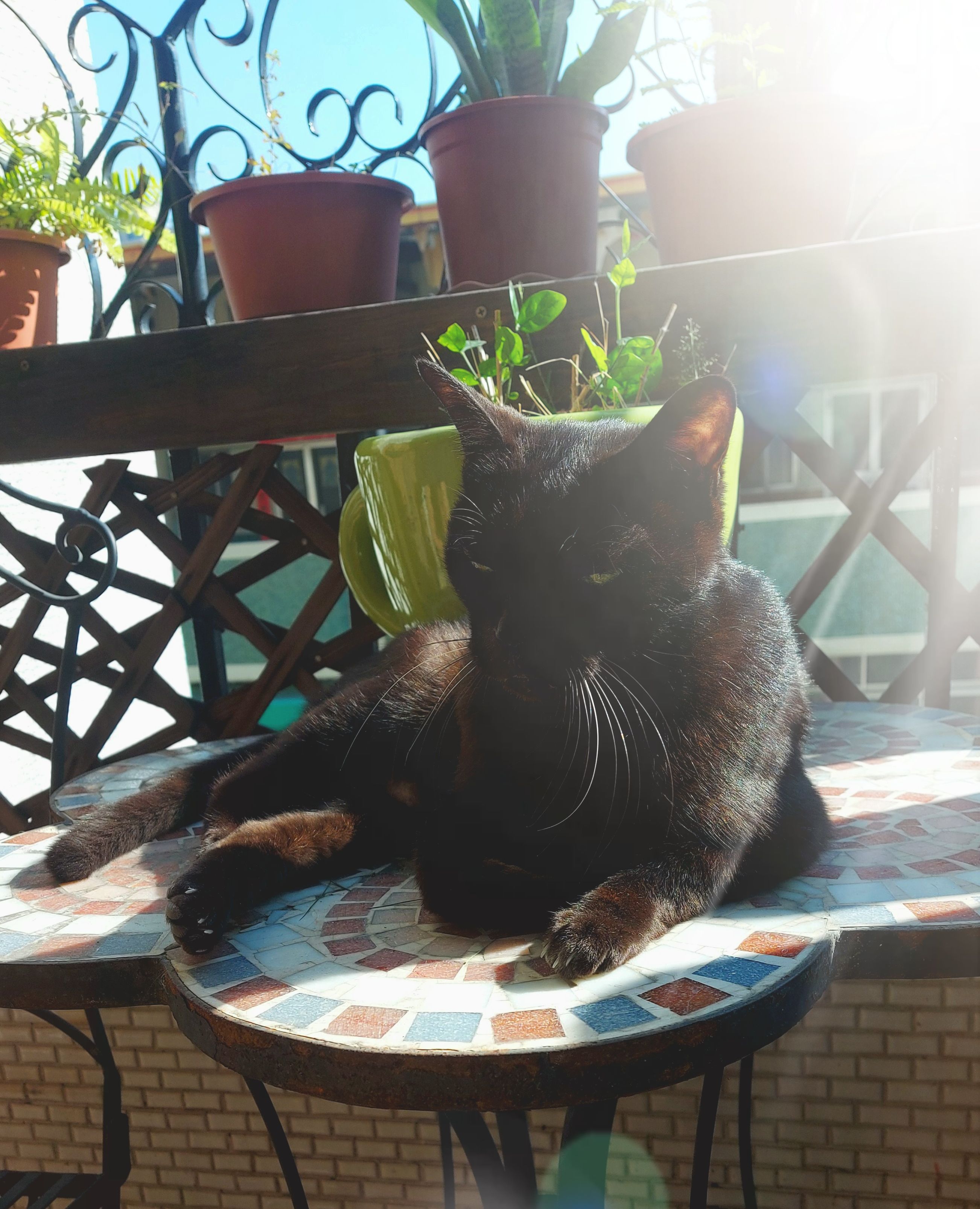WEDNESDAY, 5 JANUARY 2022
To build on a thought from last week or so: If you look at most people in their middle years or later, it’s clear that they never became superstars. They may be “superstars” to their families, but very few people end up with exceptional talents and achievements in any area, much less in more than one area – such as sports and art, or engineering and cooking.
The other part of the thought is that even people who achieve superstar status sometimes do more harm than good. Despite all their achievements and prizes and status.
So even though you never achieved superstar status, never won any prizes for your work, never achieved much in any field, but it can also be said that you did little harm to other people, to animals, and to the environment, I think it’s entirely appropriate to say that you can hold your head high – you’ve done well.
MONDAY, 24 JANUARY 2022
Point 1. As already mentioned, very few people become superstars. Only a select group of people achieve more than one or two of the things they once set out to do or hoped to achieve.
Point 2. One person criticises another for his unimpressive income and low contribution to a common cause. Asks the latter: “Are you making as much money as you possibly can? Are you doing everything in your power to get more done? Why don’t you make more money? Too busy enjoying life? Can’t figure out how? Tried but failed? Tried but didn’t try hard enough?”
Point 3. Few people create income opportunities out of thin air. Most people accept opportunities offered to them, and then they work hard to maintain these sources of income. But did they create the opportunity for themselves? No.
Point 4. What does happen is that people prepare to profit from existing opportunities by training in a certain field and by gaining certain knowledge.
* * *
I. Identify a good opportunity – for you. People’s needs and desires are all opportunities.
II. Get trained or gain experience in a particular opportunity field. Then set yourself up to profit from existing opportunities. (Training doesn’t happen overnight. If you’re twenty, you have the option to get trained for several things. If you’re fifty, you can still get trained or develop skills yourself, but you’re more likely to look at what you’re already trained for, or at what you’re already experienced in.)
III. I initially thought that 99% of all the money I made in my life came from opportunities that were presented to me – from people asking me if I was interested in a position in a gift shop when I was a student to people in Taiwan walking up to me or calling me at home or knocking on my door and asking me if I had time for another English class. Then about a minute ago I realised: I was set up for the opportunities, in the case of the latter examples, by coming to Taiwan and being contactable.
Another thing: Most people don’t hustle on a street corner for money. Strangely enough, the only people who do this, who make cold calls and ask people for money, are beggars – who are seen as being on the lowest rung of the economic hierarchy. I wanted to say that street vendors hustle too, but they also set themselves up for opportunity: people walking past them who happen to want, or need what they are selling – “I’m hungry, and here’s a guy selling hot dogs”.
______________________

